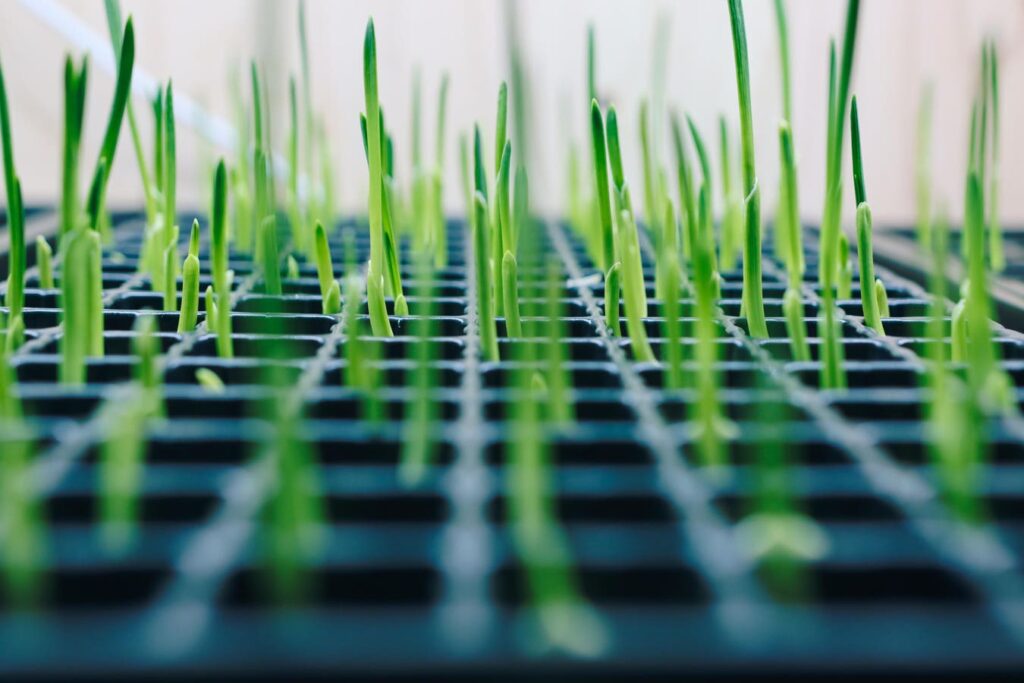In this article, we'll look at three niches that haven't received as much media attention as AI. … [+]
The most important factors in a successful startup are good timing, a good idea, and most importantly, favorable market conditions. That's why choosing the right niche where you can create the most added value in a market that desperately needs it is perhaps the most important thing you can do to succeed as a startup founder.
In this article, we look at three niches that haven’t received as much press attention as AI, but have great potential to disrupt the market for innovative tech startups.
1. Neuromorphic Engineering
Neuromorphic engineering is an exciting and emerging field focused on developing hardware that mimics the structure and function of the human brain. This technology has the potential to revolutionize artificial intelligence and machine learning by making them more efficient and energy-efficient. Startups in this niche field can focus on developing neuromorphic chips and the software that leverages these chips for advanced AI applications.
One notable startup in the field of neuromorphic engineering is BrainChip Holdings. BrainChip is an Australian company that specializes in developing neuromorphic processors designed to deliver high-performance, low-power AI at the edge. The company's flagship product, Akida, is a neuromorphic system-on-chip (SoC) that processes information in an event-based manner similar to how the human brain works, consuming significantly less power than traditional AI processors. Akida is reported to consume less than 1 milliwatt (mW), making it highly efficient for edge devices that require long battery life.
The field is still in its early stages, with plenty of room for innovation and development. Startups can explore a variety of applications and areas where neuromorphic engineering can have a significant impact. The most obvious area is AI, which in itself is one of the most opportunity-rich areas.
2. Bioprinting
Bioprinting is a groundbreaking technology that uses 3D printing techniques to create biological materials layer by layer. The field has great potential to transform healthcare, drug development and even food production. By precisely controlling cell placement and growth environment, bioprinting aims to create functional biological structures that can address a wide range of medical challenges.
The global market for bioprinting is expanding rapidly. According to a report by IDTechEx, the bioprinting market is expected to reach approximately $1.8 billion by 2027. This growth is driven by increasing demand for organ transplants, advancements in 3D printing technology, and the increasing prevalence of chronic diseases.
One notable startup in the bioprinting field is Organovo. The company's proprietary bioprinting platform enables the production of 3D human tissues that mimic the structure and function of natural tissues. These printed tissues are used in drug discovery and development, providing a more accurate model for testing the safety and efficacy of new drugs compared to traditional 2D cell cultures or animal models.
Bioprinting is a major disruptive opportunity for innovative startups. Addressing the shortage of organ donors and improving the accuracy of drug testing are big opportunities, but bioprinting could be disruptive beyond the healthcare sector. For example, startups could leverage bioprinting to create sustainable food products such as lab-grown meat that addresses the environmental and ethical issues associated with traditional meat production.
3. Urban Agriculture Technology
Urban agriculture techniques are revolutionizing the way food is produced by integrating agriculture into urban environments. This approach utilizes advanced methods such as vertical farming, hydroponics, and aquaponics to grow crops in densely populated areas, reducing the need for transportation and providing fresh produce closer to consumers. Urban agriculture not only addresses food security issues, but also promotes sustainability and efficient land use in cities.
The global urban agriculture market is experiencing significant growth: According to Grand View Research, the market size is expected to be valued at $37.9 billion in 2023 and expand at a compound annual growth rate (CAGR) of 13.2% from 2024 to 2030.
Founded in 2004, AeroFarms is a pioneer in the field of urban agriculture technology. Based in Newark, New Jersey, AeroFarms uses vertical farming and aeroponic systems to grow leafy greens and herbs without soil or sunlight. The company's patented technology uses a mist environment to deliver nutrients to the plant's roots, speeding up growth cycles and increasing yields. Another innovative startup in this space is Trella Technologies, which is developing a horizontal plant growing robot.
Urban agriculture technologies represent a major disruptive opportunity for innovative startups. By transforming underutilized urban spaces into productive farms, startups can contribute to building a more resilient and sustainable food system. Integrating IoT, AI, and automation into urban agriculture can further increase efficiency, reduce labor costs, and optimize resource use. Moreover, the possibility to scale urban agriculture solutions and partner with local governments and businesses opens up new avenues for growth and impact.

